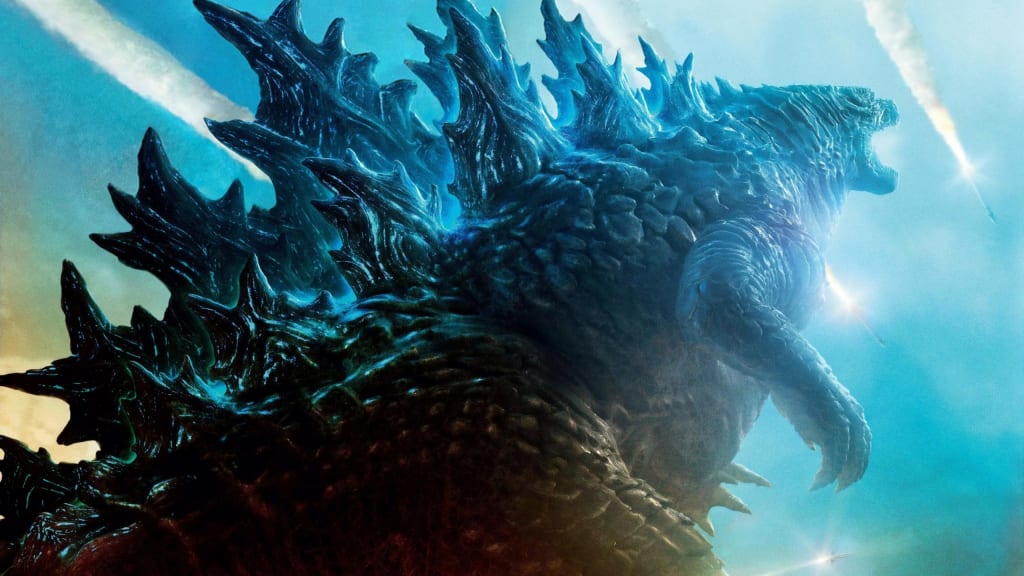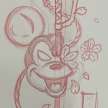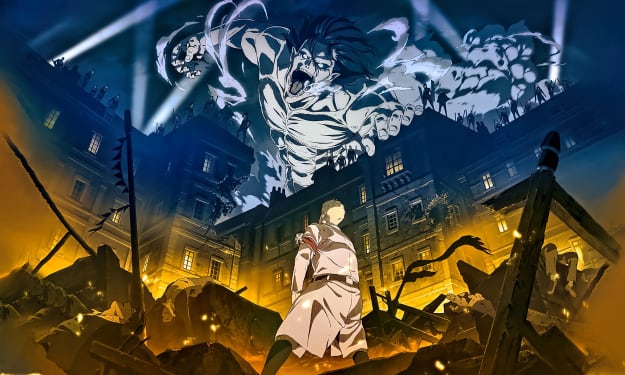Godzilla: A Cultural Icon and Global Phenomenon
How this famous Kaiju made an impact in movies in Japan and across the globe.

Since its debut in 1954, Godzilla has roared its way into the hearts and minds of audiences worldwide, leaving an indelible mark on cinema and popular culture. Born from the ashes of post-war Japan, Godzilla transcends its origins as a mere monster movie, evolving into a symbol of nuclear anxiety, environmentalism, and cultural resilience. In this essay, we will explore the enduring legacy of Godzilla, examining its impact on Japanese cinema and its influence on filmmakers and audiences across the globe.
Godzilla, originally known as "Gojira" in Japan, emerged from the depths of the Pacific Ocean as a metaphorical embodiment of Japan's collective fears and anxieties in the aftermath of World War II. Directed by Ishiro Honda and produced by Toho Studios, the 1954 film "Godzilla" depicted the titular monster as a force of destruction unleashed by nuclear testing, wreaking havoc on Tokyo and its inhabitants. The success of "Godzilla" spawned numerous sequels and spin-offs, transforming the franchise into a cinematic juggernaut that continues to thrive to this day. Over the decades, Godzilla has undergone various incarnations, evolving from a destructive force of nature to a more nuanced and complex character, grappling with themes of redemption, heroism, and environmentalism.
In Japan, Godzilla holds a special place in the cultural zeitgeist, serving as a beloved national icon and symbol of resilience in the face of adversity. The original 1954 film struck a chord with audiences grappling with the trauma of war and the lingering specter of nuclear annihilation, tapping into Japan's collective consciousness and sparking a national dialogue about the perils of unchecked scientific progress. Subsequent Godzilla films continued to resonate with Japanese audiences, reflecting the evolving social, political, and environmental concerns of the nation. Godzilla's role as a protector of Japan, defending the country from other monstrous threats, symbolizes Japan's resilience and determination to overcome adversity, echoing the spirit of unity and perseverance that emerged in the aftermath of World War II. Moreover, Godzilla's status as a cultural icon extends beyond the realm of cinema, permeating various aspects of Japanese popular culture, including literature, art, music, and fashion. Its distinctive roar, iconic silhouette, and memorable battles have become ingrained in the collective consciousness of generations of Japanese people, solidifying its place as a national treasure and cultural touchstone.
Beyond its origins in Japan, Godzilla's impact has reverberated across the globe, inspiring filmmakers, artists, and audiences from diverse cultural backgrounds. The 1954 film's poignant allegory for nuclear warfare struck a chord with audiences worldwide, resonating with countries grappling with the aftermath of World War II and the growing specter of the Cold War. Subsequent Godzilla films, both from Japan and Hollywood, further expanded the franchise's global reach, introducing new generations of fans to the iconic monster's adventures. Godzilla's battles with other iconic kaiju, such as Mothra, King Ghidorah, and Mecha Godzilla, captivated audiences with their spectacle and scale, transcending linguistic and cultural barriers to become universally recognized symbols of cinematic escapism. Moreover, Godzilla's enduring appeal lies in its ability to evolve and adapt to changing societal concerns and cultural sensibilities. From its origins as a cautionary tale about the perils of nuclear technology to its more recent iterations as a metaphor for environmental destruction and climate change, Godzilla continues to reflect humanity's anxieties and aspirations, resonating with audiences across generations and continents.
Godzilla's influence extends far beyond the realm of cinema, permeating various aspects of popular culture and inspiring countless works of art, literature, music, and merchandise. The iconic monster's distinctive roar, towering stature, and memorable battles have become ingrained in the collective consciousness of audiences worldwide, spawning a dedicated fanbase and a thriving subculture of enthusiasts. Godzilla's impact on popular culture can be seen in the proliferation of merchandise, including action figures, toys, video games, and collectibles, which cater to fans of all ages. Its iconic imagery and memorable characters have also been referenced and parodied in numerous television shows, comic books, cartoons, and advertisements, cementing its status as a cultural phenomenon with lasting resonance. Moreover, Godzilla's influence can be felt in the broader genre of kaiju cinema, which has inspired filmmakers from around the world to create their own monstrous creations and epic battles. The success of Godzilla paved the way for other iconic kaiju franchises, such as Gamera, Rodan, and Mothra, which continue to captivate audiences with their awe-inspiring spectacle and imaginative storytelling.
Godzilla stands as a towering figure in the annals of cinema, a symbol of Japan's resilience and creativity, and a global phenomenon that continues to captivate audiences worldwide. From its humble beginnings as a metaphor for nuclear anxiety to its status as a cultural icon with enduring resonance, Godzilla's legacy is a testament to the power of storytelling to transcend borders, unite audiences, and inspire generations of fans. As the franchise continues to evolve and adapt to changing societal concerns and cultural sensibilities, Godzilla's roar will echo across the ages, reminding us of the enduring power of cinema to reflect humanity's fears, aspirations, and dreams. Whether as a symbol of destruction or a force for redemption, Godzilla remains an indelible part of our collective imagination, a reminder of the enduring power of myth and the eternal struggle between chaos and order.
About the Creator
JRManglicmot
A Striving father and husband, trying to be the best I can be. I'm not perfect, but I try to be the one my family can look up to. I stumble and make mistakes from time to time, most often, but I try to learn from my mistakes.
Enjoyed the story? Support the Creator.
Subscribe for free to receive all their stories in your feed. You could also pledge your support or give them a one-off tip, letting them know you appreciate their work.






Comments
There are no comments for this story
Be the first to respond and start the conversation.